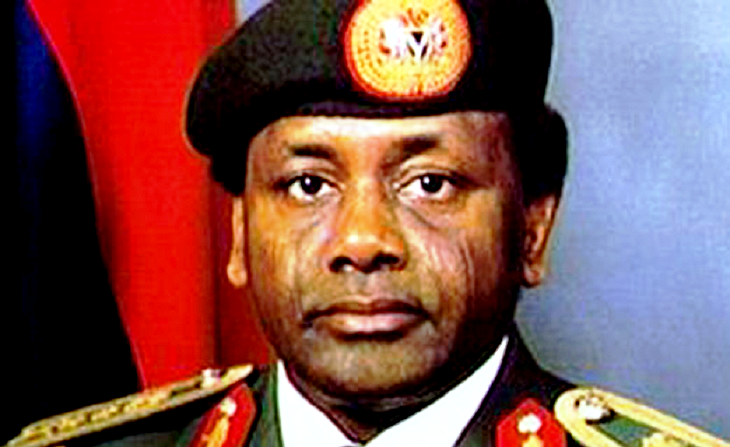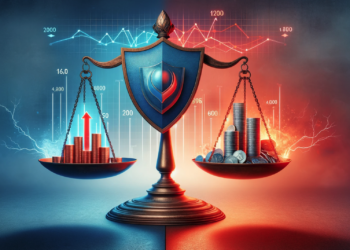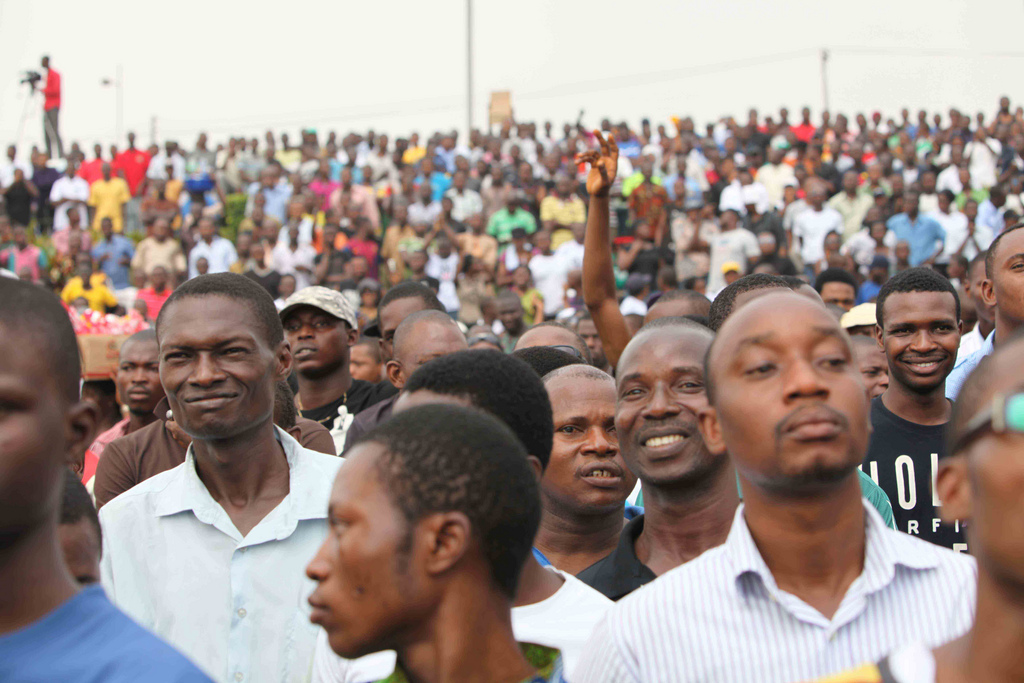Sometime in February 2016, our research team looked at the capital and recurrent expenditure profile of successive Nigerian Governments since 1994. The data revealed, the draconian government of Late General Abacha spent more on Capital Expenditure in Nigeria than on recurrent expenditure, a record that is yet to be matched by any democratic government since 1999.
This suggest perhaps that the Abacha government was probably better at managing the economy than other democratically elected government particularly, the current Buhari Administration. In fact, most critics of this government hold this view considering the state of the economy and the policies adopted by the government in rescuing the situation.
One of such critics is incidentally a former aide of the late Abacah and the Director General of the West African Institute of Financial and Economic Management (WAIFEM), Prof. Akpan Ekpo. Here is what he said recently in an interview with TheCable.
On lack of Technocrats in the current administration
“If you look at Nigeria’s economic history in the last 56 years, there are some episodes where you could say they appointed technocrats to manage the economy”.
“But since 1999, there have been problem because politics dominated the economy.
“The military, for some reasons were able to recruit some technocrats. I can tell you that everything about the Nigerian economy has been researched, documented and written about, before 1999. They are on shelves.
“But from 1999, in fairness to former president Olusegun Obasanjo, he tried in putting together experts to macro-manage the economy. He brought people who were good. Then, he had an economic team that constituted mainly of experts.
“Those experts co-opted other experts to look at the economy. I think it continued up to the time of the late president Yar’Adua. During Yar’Adua’s tenure, I was a member of the team.”
Another example
“More so, when some people running the key ministries are not in the profession that you need to look at the economy. They are either core politicians who have not been involved in running an economy for a long time,”
“I will give you an example. During the tenure of late General Sani Abacha, he appointed Chief Anthony Ani as minister of finance. But Anthony said he is an accountant and that he does not think he has what it took to run the economy alone.
“So, Abacha approved for him a ministerial advisory committee. He brought in only economics and a lawyer to drive the process during that process. Go and look at the macro-fundamentals at that period. And there was a link between the ministerial advisory committee and the national economic team headed by Prof. Sam Aluko.
“So, even Abacha who was a dictator left the economy to be run by experts and the economy did well then. I was involved. In fact, I was the chairman of that ministerial committee in the ministry of finance for four years. We ran the economy.”
On Buhari’s economic policy versus Abacha’s
“You can see that the misalignment between the interbank and parallel market rates is too much. When I last check, government was still the greatest supplier of foreign exchange, and they give it to the banks to sell.
“Any bank official would be rational and want to round trip. So, the gap is just too much. And that is going to affect foreign direct investments. What you will have is hot money.
“So, when there is a recession, you adopt what is called economic nationalism. So, let’s pray that the economic recession does not continue for a long time, because if that happens and we enter into a depression, we may just be like Zimbabwe or Venezuela.”
“So, Abacha approved for him a ministerial advisory committee. He brought in only economics and a lawyer to drive the process during that process. Go and look at the macro-fundamentals at that period. And there was a link between the ministerial advisory committee and the national economic team headed by Prof. Sam Aluko.
“I was involved. In fact, I was the chairman of that ministerial committee in the ministry of finance for four years. We ran the economy.”
You can argue with his conclusion about whether the Abacha government did better but the fact that this administration is being compared to one ruled by a dictator over 20 years ago says a lot about where we are today. Even though, the current government has its fair share of technocrats most still consider them as square pegs in round holes.


















It depends on how you see it.THERE MAIN ISSUES IS THAT THE ECONOMY THAT LACKED A LOT OF FUNDAMENTAL STRUCTURAL BASES,THAT WILL BURST OUT SOONER OR LATER,ALSO GEN ABACHA CAN NOT GO ON OR RULE NIGERIA WITH IRON FIST,meaning soon some people close to him will eventually betray wether he like it or not.
if YOU LOOK AT NIGERIA NOT FALSE ECONOMIC GROWTH,YOU WILL FIND PROLONG MILITARY RULE OR THE HALMARK OF MILITARY RULE REMAINS STILL TODAY,we do not have really economic freedom with democractic value,democratic value includes social mobility and growth,and also the happiness factor index,equality before the law,equality in accessing justice,finance,AND healthcare to be loved,to be respected no matter your status in their own country.
Economic growth is one factor,that makes a nation great and blessed,you may live in your cosy govt office,and you can afford to go to oversea for medical treatment,and you can send your children to study oversea,then you find you are talking rubbish,he is talking this way,because he worked for a demented ruler called abacha,that is why obasanjo said to professor Aluko,when he said abacha performed better than obasanjo,and obasanjo told aluko you know nothing you are a senile old man,you better retire to your village